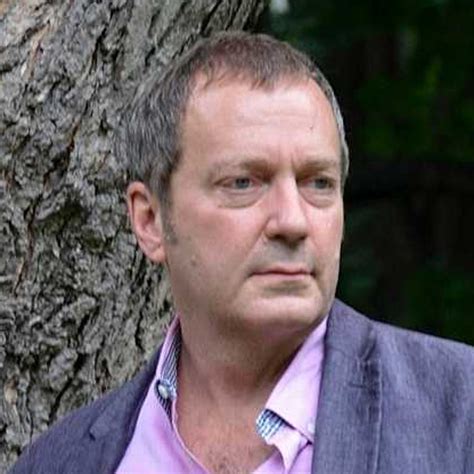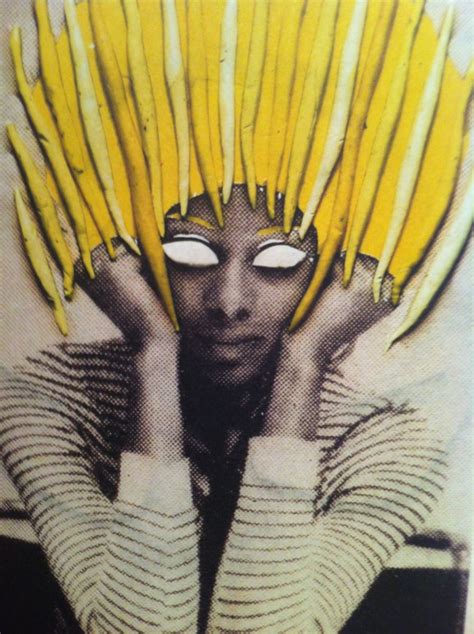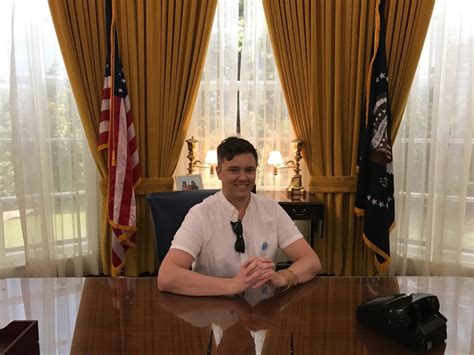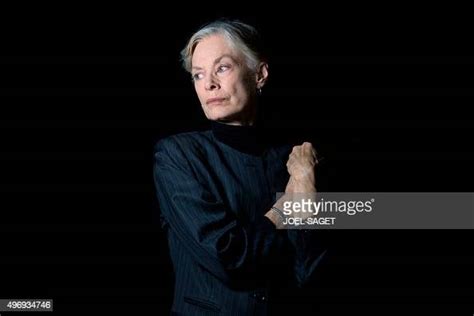A Quote by Wole Soyinka
When I write plays, I'm already seeing the shapes on stage, of the actors and their interaction, and so on and so forth. I don't think I've ever written one play as an abstract piece, as a literary piece, floating in the air somewhere, to be flushed out later on.
Related Quotes
Abstraction didn't have to be limited to a kind of rectilinear geometry or even a simple curve geometry. It could have a geometry that had a narrative impact. In other words, you could tell a story with the shapes. It wouldn't be a literal story, but the shapes and the interaction of the shapes and colors would give you a narrative sense. You could have a sense of an abstract piece flowing along and being part of an action or activity. That sort of turned me on.
What a joy it is to read a book that shocks one into remembering just how high one's literary standards should be.... a tour de force by one of England's best novelists.... Atonement is a spectacular book; as good a novel - and more satisfying... - than anything McEwan has written....sublimely written narrative.... The Dunkirk passage is a stupendous piece of writing, a set piece that could easily stand on its own.
I consider the first 20 performances just learning the piece. Think about it this way: If you think about a pianist who plays a Schubert sonata through his whole lifetime - if you listen to Rubenstein or Horowitz playing their repertoire later in their life, you understand the richness with which they play that music, and how differently they must have played it when they were younger.
Everything seems overwhelming when you stand back and look at the totality of it. I build a lot of stuff and it would all seem impossible if I didn't break it down piece by piece, stage by stage. The best gift you can give yourself is some drive--that thing inside of you that gets you out the door to the gym, job interviews, and dates. The believe-in-yourself adage is grossly overrated.
"Light Over Water" is the longest piece I have ever composed. It is a landmark in my personal struggle to create large forms. I feel that it is by and large a formally successful work, though I was constrained to write a piece at least fifty minutes long, and there are some dead spots in the music where I think I was simply marking time. However, I think when the dance is in motion, the formal problem is nonexistent.
First of all, women inherently, I think, are quite capable of having lots of balls in the air. And so, like, it's all those skills you use; you analyze the problem, figure out your tools, and then go at it piece by piece.... It's like what you have to do in the morning to get your kids out the door [if you're a parent]. The skills are, I believe, the same. The patience issues are the same.
I don't think too much about the past when I am actually playing, I prefer to concentrate on the present. The performance of a piece, no matter how long ago or where it was written, is always a new production, something that comes alive in the present. And it doesn't matter if the piece was written two or three hundred years ago if it is alive in us.







































